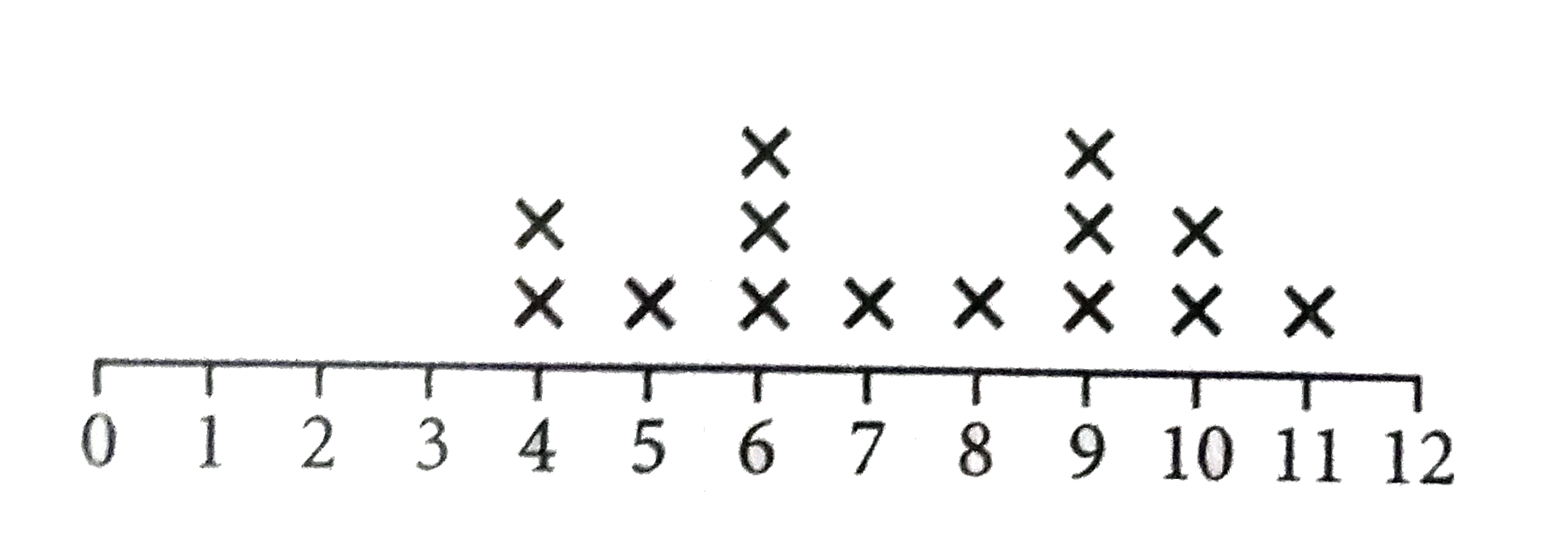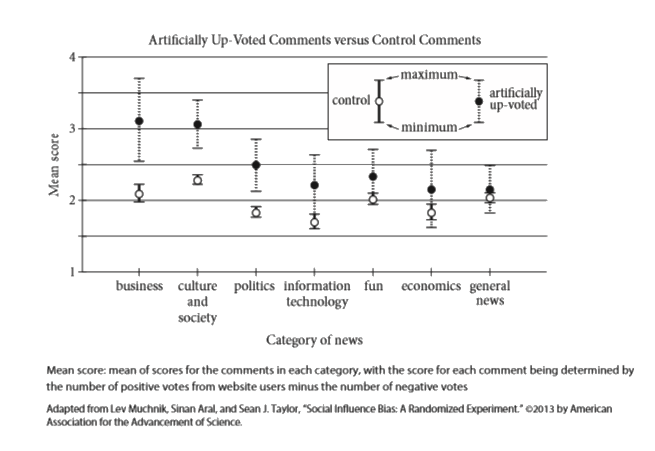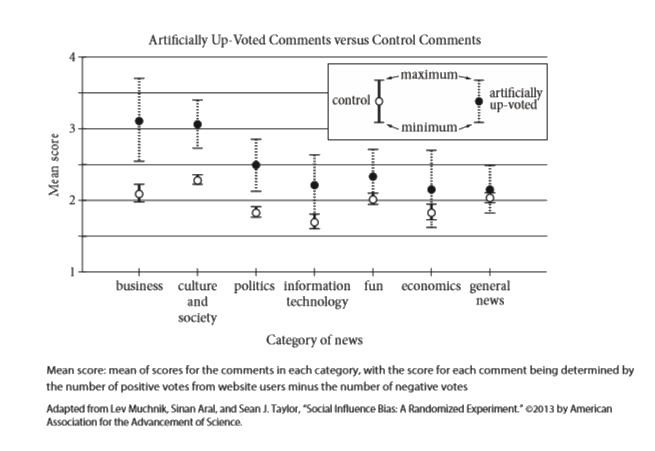Abe's quiz scores are 62, 68, 74, and 68.
Ben's quiz scores are 66 and 70.
Quantity AQuantity BThe score Abe needs onThe score Ben needs onhis fifth quiz to raise hishis third quiz to raise hisaverage to 70average to 70
Quantity A is greater.
Quantity B is greater.
The two quantities are equal.
The relationship cannot be determined from the infromation given.
The correct Answer is:A
To solve the problem, we need to determine the scores Abe and Ben need on their respective quizzes to achieve an average of 70.
Step 1: Calculate Abe's required score
Abe's current quiz scores are 62, 68, 74, and 68. We need to find out what score (let's call it X) he needs on his fifth quiz to raise his average to 70.
1. Sum of Abe's current scores:
62+68+74+68=272
2. Total number of quizzes:
5 (including the fifth quiz)
3. Average formula:
Average=Sum of scoresTotal number of quizzes=272+X5
4. Set the average equal to 70:
272+X5=70
5. Multiply both sides by 5:
272+X=350
6. Solve for X:
X=350−272=78
Step 2: Calculate Ben's required score
Ben's current quiz scores are 66 and 70. We need to find out what score (let's call it Y) he needs on his third quiz to raise his average to 70.
1. Sum of Ben's current scores:
66+70=136
2. Total number of quizzes:
3 (including the third quiz)
3. Average formula:
Average=Sum of scoresTotal number of quizzes=136+Y3
4. Set the average equal to 70:
136+Y3=70
5. Multiply both sides by 3:
136+Y=210
6. Solve for Y:
Y=210−136=74
Conclusion
- Abe needs a score of 78 on his fifth quiz.
- Ben needs a score of 74 on his third quiz.
Comparison of Quantities
- Quantity A (Abe's required score): 78
- Quantity B (Ben's required score): 74
Since 78 is greater than 74, we conclude that Quantity A is greater than Quantity B.
Final Answer
Option 1: Quantity A is greater.
---
Abe's current quiz scores are 62, 68, 74, and 68. We need to find out what score (let's call it X) he needs on his fifth quiz to raise his average to 70.
62+68+74+68=272
2. Total number of quizzes:
5 (including the fifth quiz)
3. Average formula:
Average=Sum of scoresTotal number of quizzes=272+X5
4. Set the average equal to 70:
272+X5=70
5. Multiply both sides by 5:
272+X=350
6. Solve for X:
X=350−272=78
Ben's current quiz scores are 66 and 70. We need to find out what score (let's call it Y) he needs on his third quiz to raise his average to 70.
66+70=136
2. Total number of quizzes:
3 (including the third quiz)
3. Average formula:
Average=Sum of scoresTotal number of quizzes=136+Y3
4. Set the average equal to 70:
136+Y3=70
5. Multiply both sides by 3:
136+Y=210
6. Solve for Y:
Y=210−136=74
- Abe needs a score of 78 on his fifth quiz.
- Ben needs a score of 74 on his third quiz.
- Quantity A (Abe's required score): 78
- Quantity B (Ben's required score): 74
Option 1: Quantity A is greater.
Similar Questions
The marks scored by Rohit in two tests were 65 and 70. Find the minimum marks he should score in the third test to have an average of at least 65 marks.
View SolutionA college class is attended by Poets and Bards in the ratio of 3 Poets for every 2 Bards. On a midterm, the average score of the Poets is 60 and the average score of the Bards is 80.
Quantity AQuantity BThe overall average score70for the classView Solution
Knowledge Check
- Question 1 - Select One
Harry had grades of 70,80,85 and 80 on his quizzers. If all quizzers have the same wight, what grade must he get on his next quiz so that his average will be 80?
A85B90C95D100 - Question 2 - Select One
Pete has an average score exactly x points on 4 equally weighted tests. How many points higher than x must Pete score on the 5th equally weighted test to raise his average score after the 5th test to x+2 points?
A2B4C5D10 - Question 3 - Select One
Mela earned scores of 75, 70, 92, 95 and 97 points (a total of 429 points) on the first 5 tests in Economics II. Solving which of the following equations for s gives the score he needs to earn on the 6th test to average exactly 85 points for all 6 tests?
A4295+s=85B4296+s=85Cs+4295=85D(s + 429)/6 = 85
Jeff has taken 6 of 1 equally weighted math tests this semester, and he has an average score of exactly 82.0 point. How many points does he need to earn on the 7th test to bring his average score up to exactly 83 points?
View Solution
Brian and several of his work colleagues are on a kickball team together. The dot plot above shows the number of points his team scored during each of 14 games played so far this season. The league's record for highest average points scored per game during a season is 7.5. To break this record, a team's season average must be at least half a point higher. If Brian and his teammates are to set a new season record, how many points must they average during their final two games?View SolutionA student scores 65, 62 70 marks is 3 subjects. Find the minimum marks scored by him in 4th subject to get an average of 64 minimun.
View SolutionThe 'wisdom of crowds" has become a mantra of the Internet age. Need to choose a new vacuum cleaner? Check out the reviews on online merchant Line Amazon. But a new study suggests that such online s scores don't always reveal the best choice. A massive controlled experiment of Web users finds that such ratings are highly susceptible to irrational "herd behavior' —and that the herd can be manipulated. Sometimes the crowd really is wiser than you. The to classic examples are guessing the weight of a bull or the number of gumballs in a jar. Your guess is probably going to be far from the mark, whereas the average of many people's choices is remarkably close to the true number. 15 But what happens when the goal is to judge something less tangible, such as the quality or worth of a product? According to one the, the wisdom of the crowd still holds—measuring ihe aggregate of people's opinions produces a stable, reliable 20 value, Skeptics, however, argue that people's opinions are easily swayed by those of others. So nudging a crowd early on by presenting contrary opinions—for example, exposing them to some very good or very bad attitudes—will steer the crowd in a 15 different direction. To test which hypothesis is true, you would need to manipulate huge numbers of people, exposing them to false information and determining how it affects their opinions. A team led b-y Sinan Aral, a network scientist at 30 the Massachusetts institute .of Technology in Cambridge, did exactly t lee Aral has been secretly . working with a popular website that aggregates news stories. The website allows users to make comments about news stories and vote each other's comments 55 up or down. The vote tallies ale visible as a number next to each comment , and the position of the comments is chronological. (Stories on the site get an average of about ten comments and about three votes per comment.)It’s a follow-up to his experiment using people’sratings of movies to measure how much individual people influence each other online (answer:alot).This time,he wanted to know how much the crowd influences the individual,and whether it can be controlled from outside.
For five months,every comment submitted by a user randomly received an“up”vote(positive),a “down”vote(negative),or as a control,no vote at all The team then observes! how users rated those comments. The users generated more than so 100,000 comments that were viewed more than 10 million times and rated more than 300,000 times by other users.
At least when it comes to comments on news sites, the crowd is more herdlike than wise. 55 Comments that received fake positive votes from the researchers were 32% more Likely to receive more positive votes compared with a control, the team reports. And those comments were no more likely than the control to be down-voted by the next viewer 60 to see them. By the end of the study, positively manipulated comments got an overall boost of about 25%. However, the same did not hold true for negative manipulation. The ratings of comments that got a fake down vote were usually negated by an up vote by the next user to see them. "Our experiment does not reveal the psychology behind people's decisions," Aral says, "but an intuitive explanation is that people are more skeptical of negative social influence. They're more 70 willing to go along with positive opinions from other people." - • -Duncan Watts, a network scientist at Microsoft Research in New York City, agrees with that conclusion. But] one question is whether the 75 positive 'herding] bias is specific to this site" or true in general, Watts says. lie points out that the category of the news items in the experiment had a strong effect on how much people could be manipulated. "I would have thought that 'business' is so pretty similar to 'economics,' yet they find a much stronger effect (almost 50% stronger) for the former • than the latter. What explains this difference? If we're going to apply these findings in the real world, we'll need to know the answers.Will companies be able to boost their products by manipulating online ratings on a massive scale? “That is easier said than done,”Wattssays.If people detect—or learn—that comments on a website are being manipulated,the herd may spook and leave entirely.

As used in line 85,"boost"most nearly meansView SolutionThe 'wisdom of crowds" has become a mantra of the Internet age. Need to choose a new vacuum cleaner? Check out the reviews on online merchant Line Amazon. But a new study suggests that such online s scores don't always reveal the best choice. A massive controlled experiment of Web users finds that such ratings are highly susceptible to irrational "herd behavior' —and that the herd can be manipulated. Sometimes the crowd really is wiser than you. The to classic examples are guessing the weight of a bull or the number of gumballs in a jar. Your guess is probably going to be far from the mark, whereas the average of many people's choices is remarkably close to the true number. 15 But what happens when the goal is to judge something less tangible, such as the quality or worth of a product? According to one the, the wisdom of the crowd still holds—measuring ihe aggregate of people's opinions produces a stable, reliable 20 value, Skeptics, however, argue that people's opinions are easily swayed by those of others. So nudging a crowd early on by presenting contrary opinions—for example, exposing them to some very good or very bad attitudes—will steer the crowd in a 15 different direction. To test which hypothesis is true, you would need to manipulate huge numbers of people, exposing them to false information and determining how it affects their opinions. A team led b-y Sinan Aral, a network scientist at 30 the Massachusetts institute .of Technology in Cambridge, did exactly t lee Aral has been secretly . working with a popular website that aggregates news stories. The website allows users to make comments about news stories and vote each other's comments 55 up or down. The vote tallies ale visible as a number next to each comment , and the position of the comments is chronological. (Stories on the site get an average of about ten comments and about three votes per comment.)It’s a follow-up to his experiment using people’sratings of movies to measure how much individual people influence each other online (answer:alot).This time,he wanted to know how much the crowd influences the individual,and whether it can be controlled from outside.
For five months,every comment submitted by a user randomly received an“up”vote(positive),a “down”vote(negative),or as a control,no vote at all The team then observes! how users rated those comments. The users generated more than so 100,000 comments that were viewed more than 10 million times and rated more than 300,000 times by other users.
At least when it comes to comments on news sites, the crowd is more herdlike than wise. 55 Comments that received fake positive votes from the researchers were 32% more Likely to receive more positive votes compared with a control, the team reports. And those comments were no more likely than the control to be down-voted by the next viewer 60 to see them. By the end of the study, positively manipulated comments got an overall boost of about 25%. However, the same did not hold true for negative manipulation. The ratings of comments that got a fake down vote were usually negated by an up vote by the next user to see them. "Our experiment does not reveal the psychology behind people's decisions," Aral says, "but an intuitive explanation is that people are more skeptical of negative social influence. They're more 70 willing to go along with positive opinions from other people." - • -Duncan Watts, a network scientist at Microsoft Research in New York City, agrees with that conclusion. But] one question is whether the 75 positive 'herding] bias is specific to this site" or true in general, Watts says. lie points out that the category of the news items in the experiment had a strong effect on how much people could be manipulated. "I would have thought that 'business' is so pretty similar to 'economics,' yet they find a much stronger effect (almost 50% stronger) for the former • than the latter. What explains this difference? If we're going to apply these findings in the real world, we'll need to know the answers.Will companies be able to boost their products by manipulating online ratings on a massive scale? “That is easier said than done,”Wattssays.If people detect—or learn—that comments on a website are being manipulated,the herd may spook and leave entirely.

Which action would best address a question watts raises about the study?View Solution

